The Spanish Archaeological Mission has been excavating for 30 years in the Al-Bahnasa region in the province of Minya, Egypt. This region is known for the finds of papyri written in Greek, which were published at the University of Oxford. It also belonged to the 19th region of Upper Egypt and had great prominence during the Coptic and Islamic eras. In the process, archaeologists discovered many tombs from different dynasties and papyrus texts that still baffle experts. And at the end of 2021, they unearthed two 2,500-year-old mummies with golden tongues.
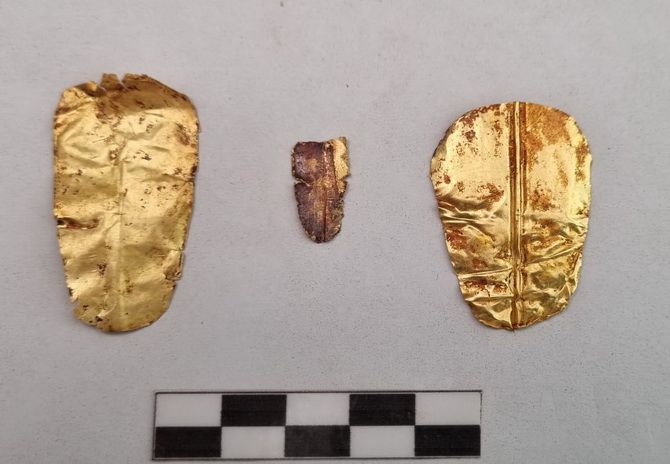
The remains of a man and a woman were buried in a limestone sarcophagus at a site that was once called Oxyrhynchus. The sarcophagi are located next to each other, which indicates family ties, the identity of the buried is unknown. They died around 525 BC. at the end of the Sait dynasty, when the native Egyptians ruled their kingdom for the last time before the Persian conquest.
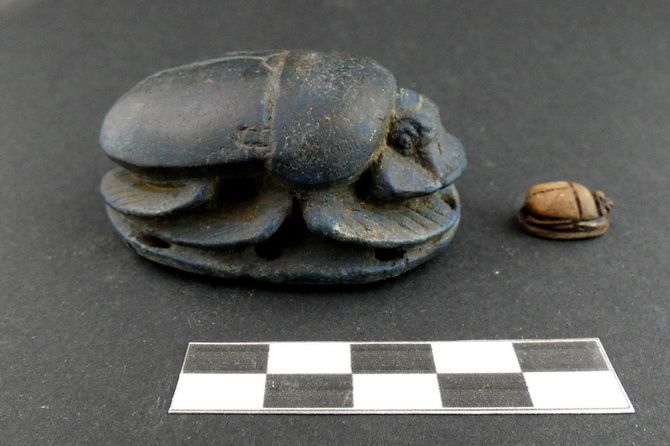
Ancient artifacts and a unique find
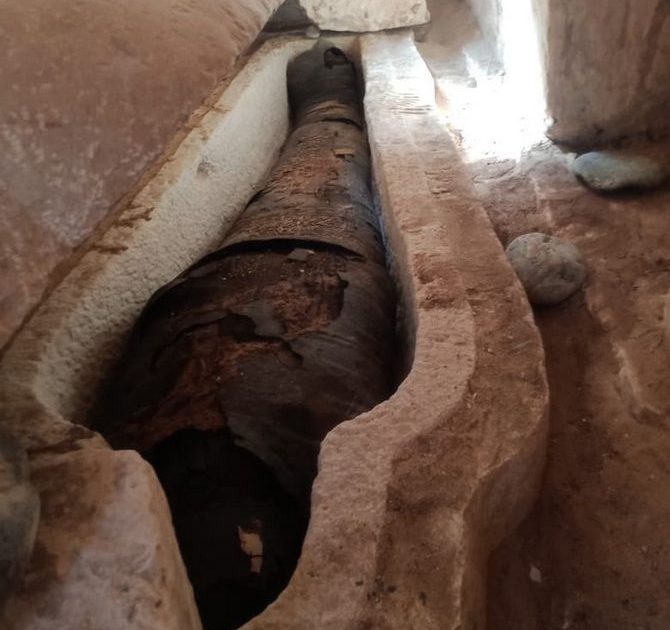
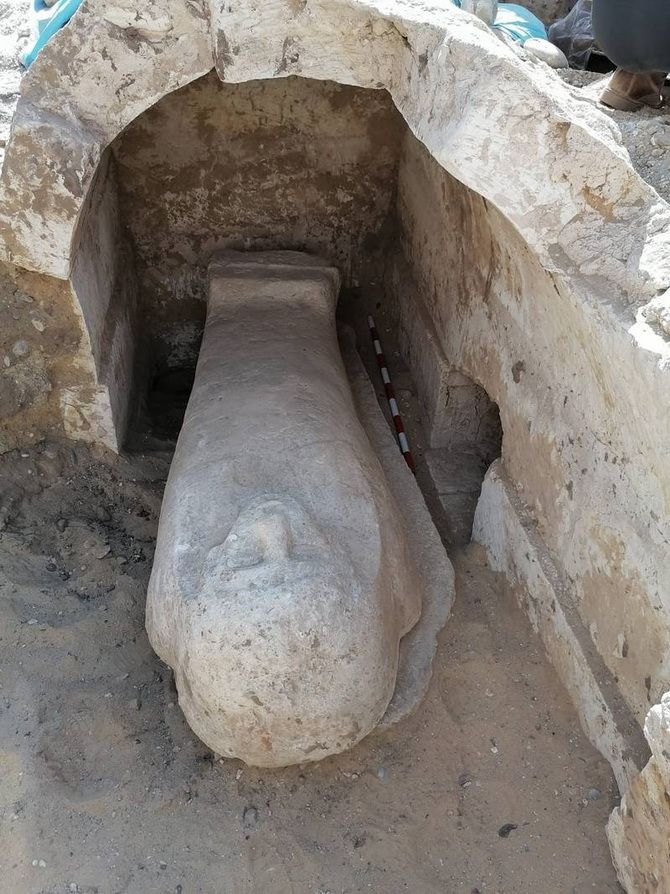
It is noticeable that the woman’s tomb was opened earlier, but the man’s tomb and sarcophagus remained completely intact, which happens extremely rarely. The condition of the male sarcophagus fascinated the experts the most. When the team opened the unsealed tomb, they found a well-preserved male mummy and four ritual jugs (canops) for storing internal organs inside. There were also a scarab, various amulets, 402 faience ushabti figurines and other artifacts.
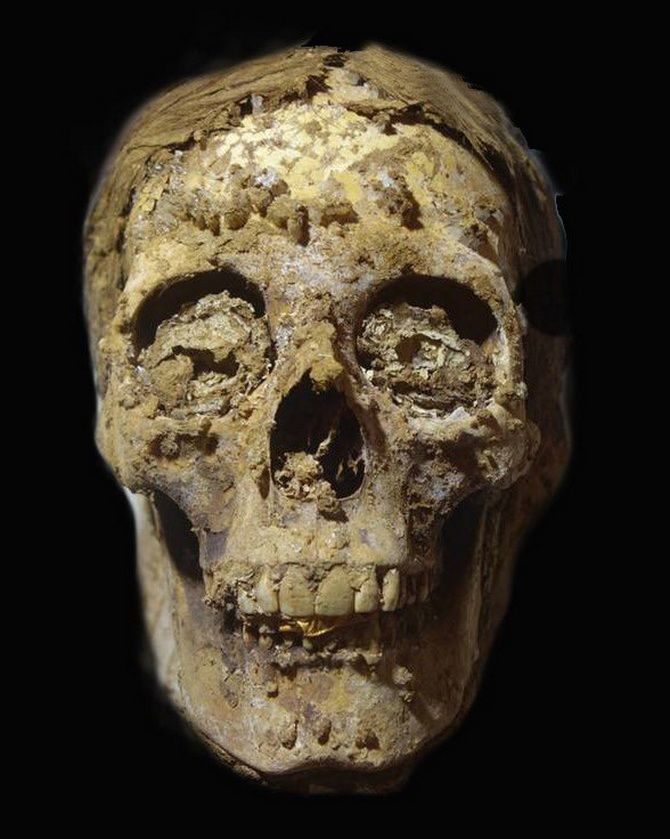
The male skull is well preserved and a golden tongue was clearly visible, which protruded slightly from the oral cavity. This artifact was also found in the mouth of a female skull, but since her tomb was opened and looted in ancient times, the remains are poorly preserved. Covering the tongue with gold foil is a common practice in the burial of high-ranking dead. According to the ancient Egyptians, this allowed the dead to talk with the god Osiris, the king of the underworld and the judge of the departed souls. He administers the tribunal of the dead and decides whether to give the deceased access to eternal life or not.
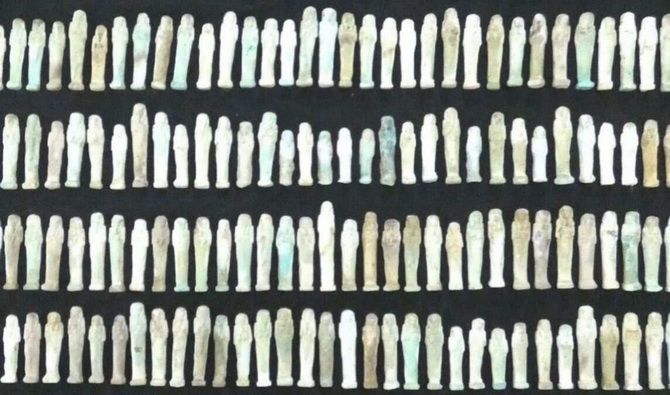
Previously, researchers also discovered three other golden tongues placed in mummies at Taposiris Magna, west of Alexandria. They belong to the Roman period of ancient Egypt, which began in 30 BC.




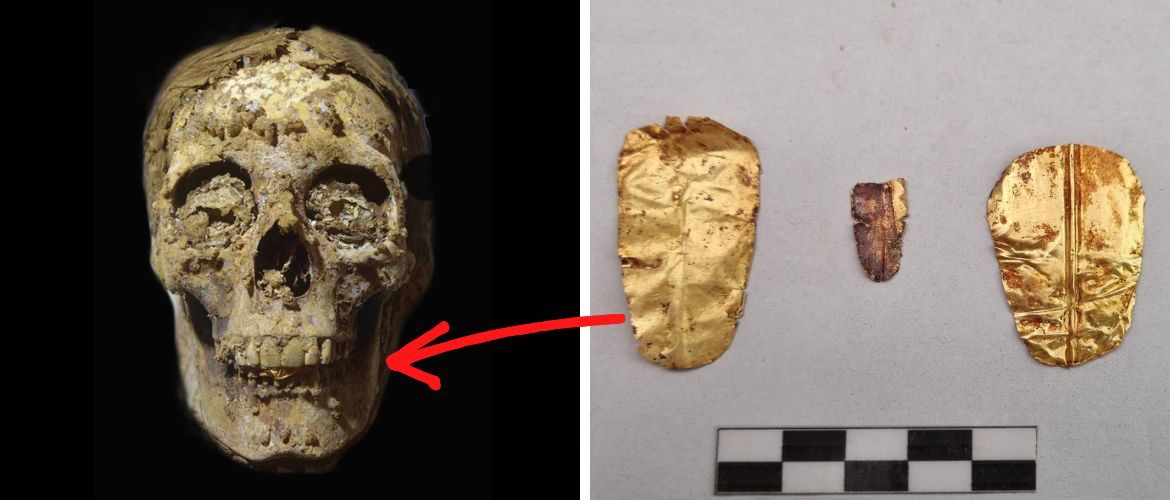


Only registered users can leave comments